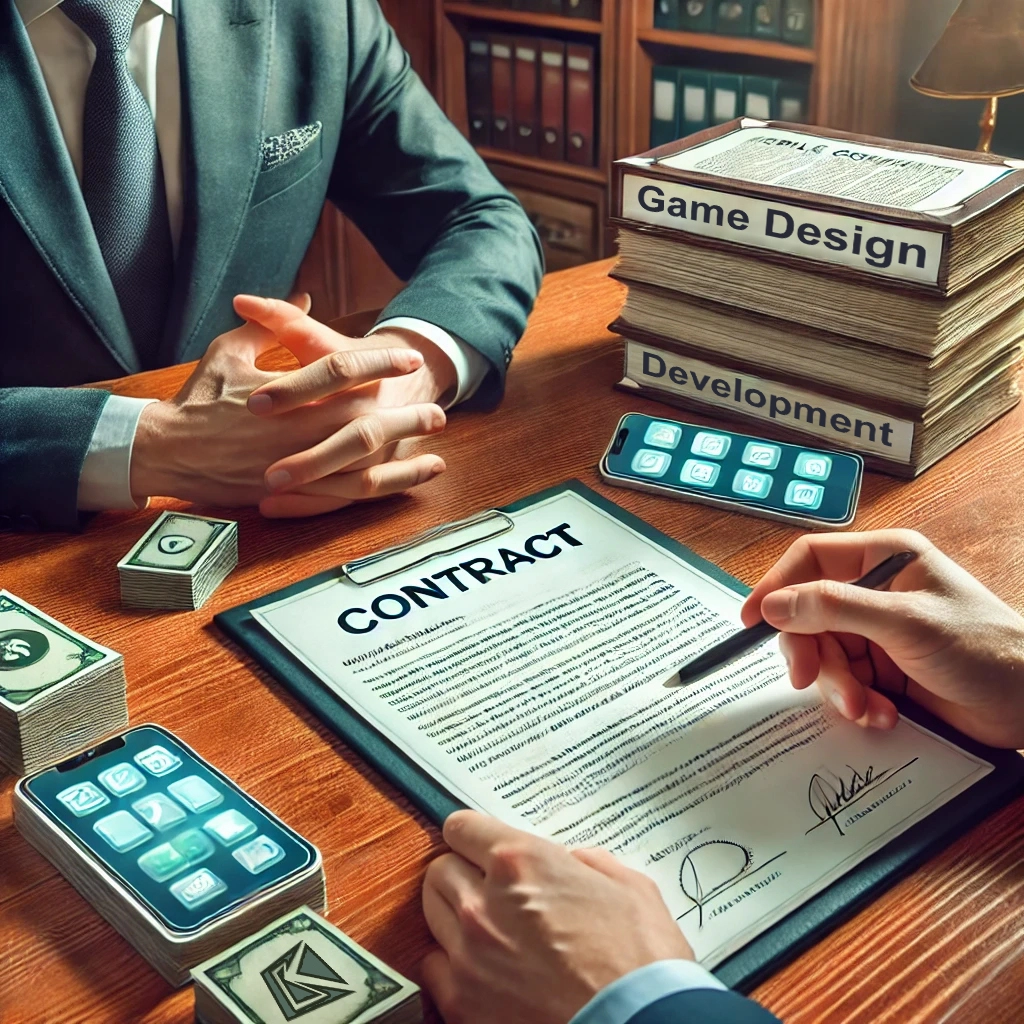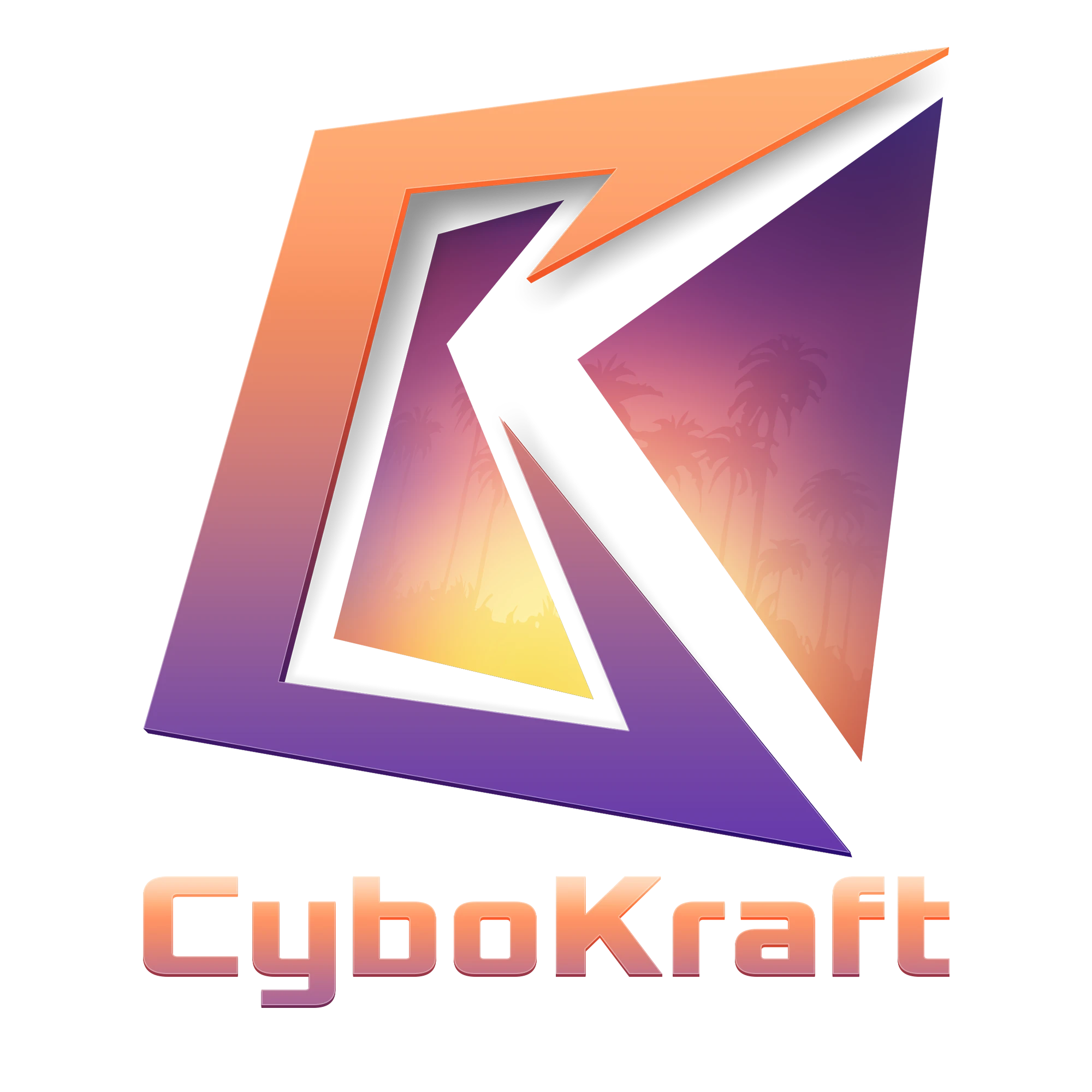While there are plenty of companies and freelancers to choose from, it is a very crucial step in your early stage of project development. There are a few things that you can do to streamline this process and get the right individual who can deliver your vision.
Research:

While you are at it, do thorough research before writing your first invoice and getting onboard. While researching in general may sound time-consuming, you can break it into a few filters, and you’ll make the process a lot easier.
Background Check :
Do a background check about the company or individual you are considering as your project partner. You can look up to their client base if available. You can directly ask for references of other business owners who have taken the services. You can check if they are listed on private business reviewers such as Trustpilot, Reviews.io, and Yotpo. You can refer to some of these websites to look up reviews.
Look for common interests :
This part really makes it easy for you to know the “right one.” So there are many companies and individuals operating in the niche of game development and mobile game development. But these companies may also have other services to offer too. Such as website development, SEO, digital marketing, etc. What you, as an investor, should do is find the USP and main product of the company. If most of their projects are related to web development or digital marketing, then they probably have a lot of experience in that domain, but they might be lacking experience in other domains, such as game development. Just try to find out if they have delivered what they are promising. Understand that projects like game development are time-consuming, and there is a lot that goes into successfully delivering the project; for instance, it requires a team of experts in programming and designing. It takes qualified game testers that can find out even minute bugs. Your role as an investor is to figure out the special offering of the company and understand their vision. Now those companies that provide multiple services are not necessarily bad once; don’t get it twisted, but every business has their own taste to it. Now those with no team for your project can also deliver; it is called service arbitrage; they will arbitrage your project to a third party and will deliver, but the catch over here is cost. Yes, associated costs may increase because technically whoever you are handing over your project will keep his cut, but at the same time he has to pay the third party too. It can also lead to a delay in communication.
It is good to be the jack of all trades, but it is essential to be the ace of spades.
Virtual Meeting :

Now that you have to select your “Ace of Spades,” it is time to get in touch and talk in person. This part is a little tricky on the investor side, but there are ways to make it really simple.
Listen More :
So this is the common mistake a lot of business owners and investors make. Don’t directly pass judgements on your service provider. Listen very carefully about his offerings. Just be clear that companies hire a very good sales-person to convert the most number of clients, so by listening to the person, you can clearly see if he is trying to help you or if he is just trying to sell you his service. For you to figure out who you are talking to, just give them space to get into character, and you will shortly know if the person actually knows what you want or if he is just interested in that sweet closure bonus out of your pocket. Now being a good talker can be a curse and a blessing. The good talkers are not necessarily bad; sometimes people who have years of experience are also well versed with their words; it rhymes though! And then there are people who are so involved in their skills and passion for services they can lack in sales skills; they might not have that professional lingo.
Ask Right Questions :
So you have successfully listened to the person and have sufficient understanding of the situation and how your investment is going to make through this. It is time to ask some very powerful questions. These sets of questions really define the right candidate.
Start with how?
Tell them your vision and ask them how they can deliver it. This is a very vague question; it takes expertise to answer such questions and narrow it down in a way that the investor gets the clear picture. If the person you are asking this starts with praising their company and gives references to their previous projects, it is a clear sign that he does not understand the pathway to achieve your goal. If they break down your question and explain the entire process along with how you are fitting your role as a business owner, founder, CEO, or investor, that’s the sign of an experienced developer in any regard.
Ask for Portfolio :
It is crucial to check the portfolio, while in many cases the portfolio is open for anyone to look at. It is mandatory to figure out how they have completed such projects previously. It is better to do market research prior to starting your own. Look for a similar project to yours and ask them about that particular project and how they have delivered it. If they are elaborating in details about the project and the success of the project, it is most certainly aligning with your project too. Just find resemblances, and you will get to know more on how they are handling specific requirements.
Ask for their opinion :
This is very important. You, as a rising game studio or tech investor, should ask the opinion of your provider. Now, sweet talkers will try to lure you in to believe that this project is most certainly going to make you a millionaire. It might be true, but has to be precise on how? The correct person will give you his true thoughts on the project you are asking for. and might save you from issues you otherwise face without knowing it. Genuine companies usually lay down all the possible outcomes you can get from your dream project of developing a first-of-its-kind game or revolutionary website. They might give you some tips that you may not have to think of, so it’s a win-win for both.
Structure of the contract :

After successfully passing all the tests, it is time to get to the exciting part! Now that you feel all pumped and ready to get onboard, understand the concept of designing contracts.
MOU (Memorandum of Understanding) :
Make a clear Memorandum of Understanding (MOU). That lines out the purpose of one party purchasing the services of the other party in a less formal way. In the MOU, you can mention a purpose that is going to be your project that you want delivered. There are also going to be your general terms and conditions. Figure out this step very carefully so that you can save yourself from the hassle.
SOP (Standard Operating Procedure) :
Make it clear as daylight how the other party is going to perform in the given task. This might include software deployment, troubleshooting, development phases, etc. Layout the framework that suits both you as a client and the game development studio from whom you are taking services.
Deadlines :
Prior to onboarding, discuss the deadline precisely with the game development company. Make it realistic, and understand how long your dream project can get to be ready for the world to experience. Don’t make unrealistic judgements; this applies to investors as well as the game development studios. Making unrealistic deadlines and not delivering on time affects the client-business relationship as well as the financial aspects involved. Understand the process and ask for reports on fixed intervals and analyze the process accordingly.
Payment :
Now comes the most anticipated part of any business, which, by the way, saved for last for a very good reason! Understand how money works in the market of service industries. As an investor, your duty is to make this process that fits your financial flexibility while not constraining the developers of your project. Make sure that you are hiring someone for their expertise, and they are going to charge you accordingly. You can plan out the payment process as installments per milestone, one-time upfront fees, or you can choose to collaborate partially with the developer to achieve your future goals.
Right of Ownership :
Highlight this part clearly while making that deal. How you want the rights of your project to be. You can choose to be the sole owner of your product, and the generated revenue belongs to you 100%. Or you can agree to share a piece with the developer and design your collaboration that way. It is up to you to keep in mind that sole ownership of your project costs more than co-branding with the studio. Also, while we are at it, make sure you discuss the confidentiality you want regarding sensitive information you both might share during the development process.
And that’s it! That was your complete guide on how you can choose the perfect game development partner for your upcoming title.
